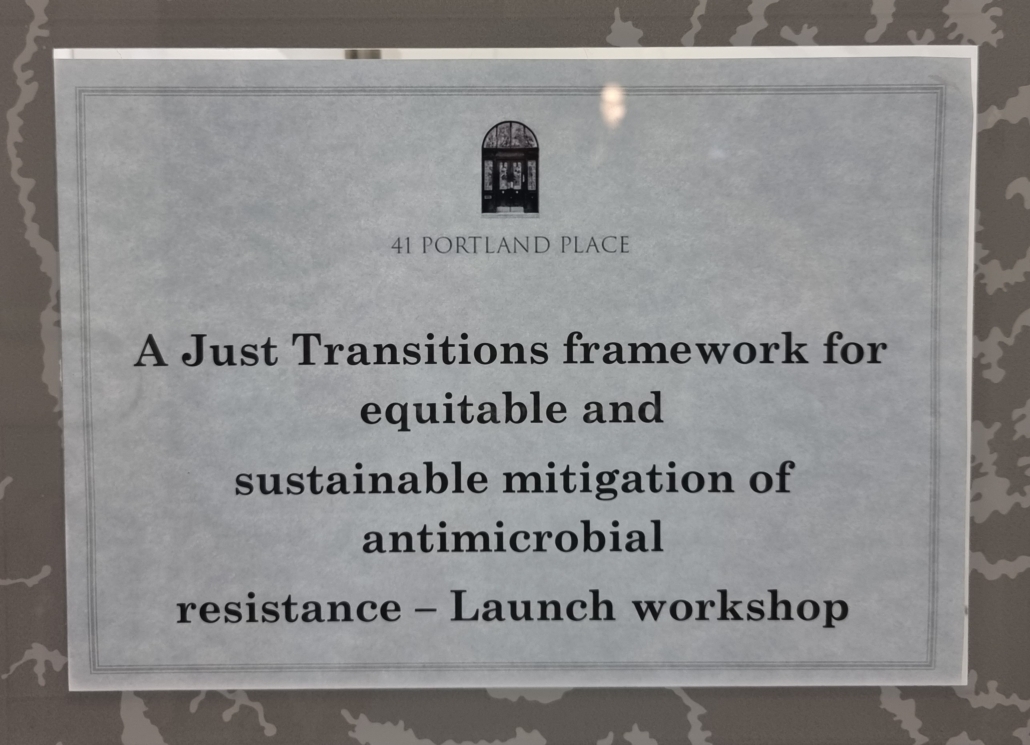Space keeper
The launch workshop of the ‘Just Transitions for Anti-Microbial Resistance’ project was held in London during 20 – 22 March 2023.
11 April 2023
Stellenbosch University has joined a global team of institutions where researchers will explore novel solutions to mitigate the growing threat of anti-microbial resistance.
The British Academy has awarded £1.5 million (more than R30 million) to the ‘Just Transitions for Anti-Microbial Resistance’ (AMR) project over the next four years as one of its new Global Convening Programmes.
A multi-disciplinary team of 20 researchers across health, social sciences and humanities are participating. The project leaders are Dr Sonia Lewycka and Professor Phaik Yeong Cheah, both from Oxford University and based in Vietnam and Thailand respectively. Dr Marina Joubert (CREST, Stellenbosch University) and Prof Nenene Qekwana (Onderstepoort Veterinary Institute, University of Pretoria) represent South Africa.
‘AMR is not simply a biological phenomenon, but a complex social problem,” Dr Lewycka explains. “Therefore, we will mobilise the power of interdisciplinary thinking and multiple perspectives to develop a novel framework for a just transition, opening new avenues of enquiry that allow us to define what will be needed to mitigate AMR while also minimising its negative impact on health, ecosystems, the economy and society”.
“We hope to reframe AMR in social terms, transforming how governments and societies collectively respond to this global problem.”
The project emphasises the value and importance of social dialogue to achieve systemic change.
“Therefore, we are excited about the prospect of convening community dialogues in South Africa to give a voice to marginalised groups that are often directly affected by AMR and AMR policies,” Dr Joubert explains. “We hope to co-create solutions with a diverse range of stakeholders and feed these directly into the global AMR policy discourse.”
The AMR challenge
Anti-microbial resistance (AMR) is among our most significant global health concerns. In 2019, 1.27 million deaths were attributed to resistant bacterial infections, and by 2050, it is predicted AMR will cost upwards of USD 100 trillion annually, accounting for 10 million deaths worldwide. Anti-microbial resistance transcends borders, affecting communities in every region of the world. Poor and marginalised populations are among the most impacted by AMR, yet global discourse on policies and solutions often overlooks the challenges faced in these settings. Containing the spread of AMR, and avoiding a future where anti-microbials no longer work and common infections become potentially lethal, will require urgent and system-wide change.




